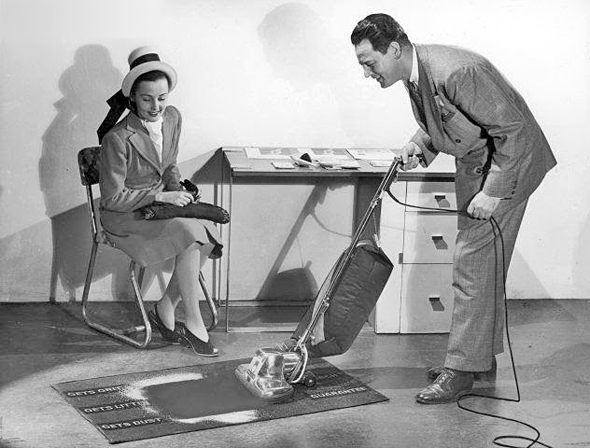
Attended a great session today with Michael and Amy Port where they laid out the framework for their upcoming event, Heroic Speaking. As part of the Facebook Live video, they share 20 tips to better rehearse for a presentation. Hope these are helpful for you! I will post my rough notes from a Thursday Master Class session they are doing on my Facebook page.
Twenty Tips for Rehearsal
- It’s messy—Won’t be perfect, may not feel good.
- Record yourself—Especially when you are in the improv stage.
- You’re on—Use techniques to connect before you get to center stage. Everything you do impacts their experience with you.
- Improvisation—This is different from “winging it.” You have fully prepared, but you need to be ready when surprises happen. That’s when you can improvise.
- Don’t pace or wander–Determine how you are going to “block” the elements of your presentation.
- Work in sections—Tackle piece by piece, so you can go deep in each key element.
- Bring in audiences sooner than you think—They can help you find out what works…and what doesn’t.
- Say “no” to constructive criticism—Ask people that you respect, but feedback from friends or strangers may do more harm than good. Be protective of your “baby.”
- Wear your shoes when your rehearse—Same ones that you will use when you present. Shoes have a different feel and behave in a specific way on certain surfaces. Keep that in mind when you practice.
- Use your full voice—Don’t hold back. Don’t be afraid to fully express your ideas.
- Don’t second guess yourself—Work through moments of discomfort. That’s where the opportunity for growth lies.
- Stay “on book”—This is apparently an acting term. The general idea is to use the script during your practice. You brain needs to form connections between one through and another thought. Build neural pathways, make yourself find the line. Stay in character, keep working through it.
- Stay connected—Don’t lose your connection with the audience. Use different areas you are blocking to/people you are looking at to help you flow through a speech.
- Move/Play—Relax, be playful. Being a bit silly can help you relax and keep you fully engaged
- Imagine the people being out in front of you—Consider that you are doing a speech to a larger group. It will help with your blocking and making sure you will be connecting with different people around the room.
- Don’t look down—This is something many people do. The challenge is that it disconnects you from the audience.
- Sculpt your stories—Just because it happened, doesn’t mean it’s ready or necessary. Needs to be in service to the big idea or the promise. Aristotle story structure (3 act play).
- Act 1-Exposition. Laying the foundation of the story.
- Act 2-Conflict.
- Act 3-Resolution. Using specificity and details to guide them.
- Don’t look at screen—If you are using presentation software, know it so well that you don’t have to look at the screen. Unless it’s a strong choice that you want to draw attention to.
- Don’t point at the screen–If you have a remote, you no longer need to point it at the screen. Just push the button or whatever.
- Accept the applause—Finish strong and allow for the applause.

